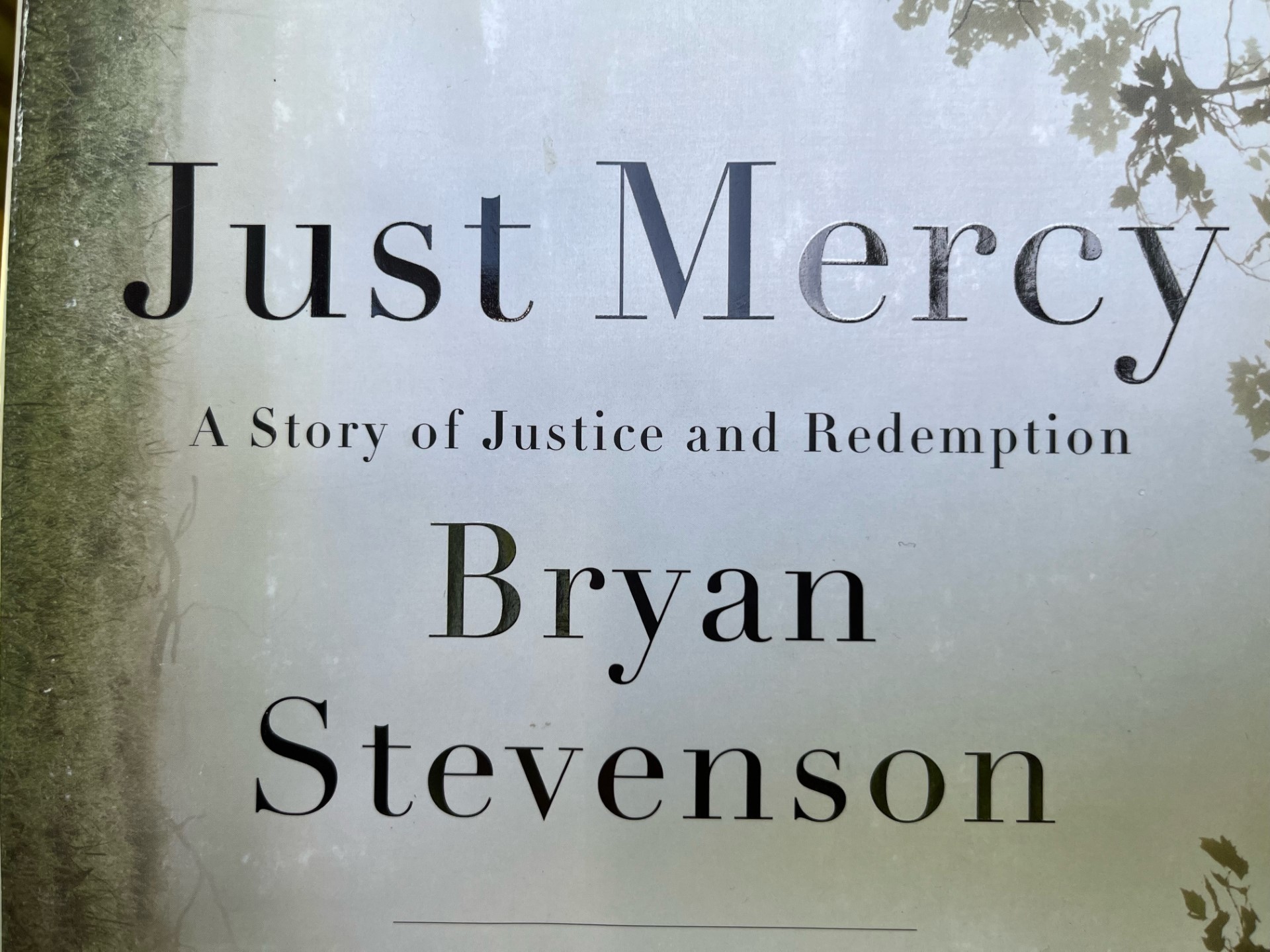“Why do we want to kill all the broken people? What is wrong with us, that we think a thing like that can be right?”
Bryan Stevenson very early in his law career discovered he had a passion for those who are discriminated against: the poor, young, minority victims of the justice system of America. Most of his career is focused on these condemned, tortured individuals. Just Mercy, his book describing the work he has invested his life in, colors some of the most prevalent issues he has come across in his time in the trenches. As we enter the month of May, I hope this is a reminder of the horrible effects that prejudice has on our world. Let this be a reminder to show mercy to our fellow man as we look at some of the major problems Bryan Stevenson wars against.
Minorities
Racism has a long, terrible history in our country. It is a not surprise that it still rears its head in some of our government systems occasionally. But when Bryan Stevenson first enters this element of the court system, it is a shock how deeply entrenched racism is. Working in Alabama in the 1980s, this issue was so common it was completely ignored by higher officials. They had no qualms about manipulating trials or breaking the rules in order to convict black people and give them the most severe punishments possible.
Stevenson captures the horror of this issue by telling the story of a case that was a huge focus of his career. The story is about a black man named Walter McMillian. Walter had unfortunately stirred up some hard feelings when he had had a highly disapproved of (although not technically illegal) affair with a white woman. A while after this affair, a young white girl was killed at her workplace. This all takes place in a small town, and the people are outraged and demand vengeance. As the months passed, the police get more and more desperate to find someone to punish so that they would be able to appear competent in the people’s eyes.
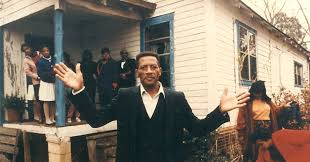
Finally, their sights settled on Walter. When they were able to bribe a prisoner to act as a witness and claim that Walter had killed the girl, they immediately arrested him and put him on death row, despite it being illegal to put someone on death row before they are convicted. Once it gets taken to trial, they smoothly get Walter convicted to death by the electric chair. The fact that Walter had around forty witnesses who could attest to him being at his house helping with a church fundraiser at the time of the murder did not seem to be important to the officials.
Stevenson feels very strongly about the issue of racism. Being an African-American himself, he has grown up experiencing the lack of justice and abundance of mistrust black people are held to. He sees the insanely inaccurate ratios of black people put on death row to white people who commit the same crimes. He sees people kept from joining the jury because of their race or even kept from observing a trial.
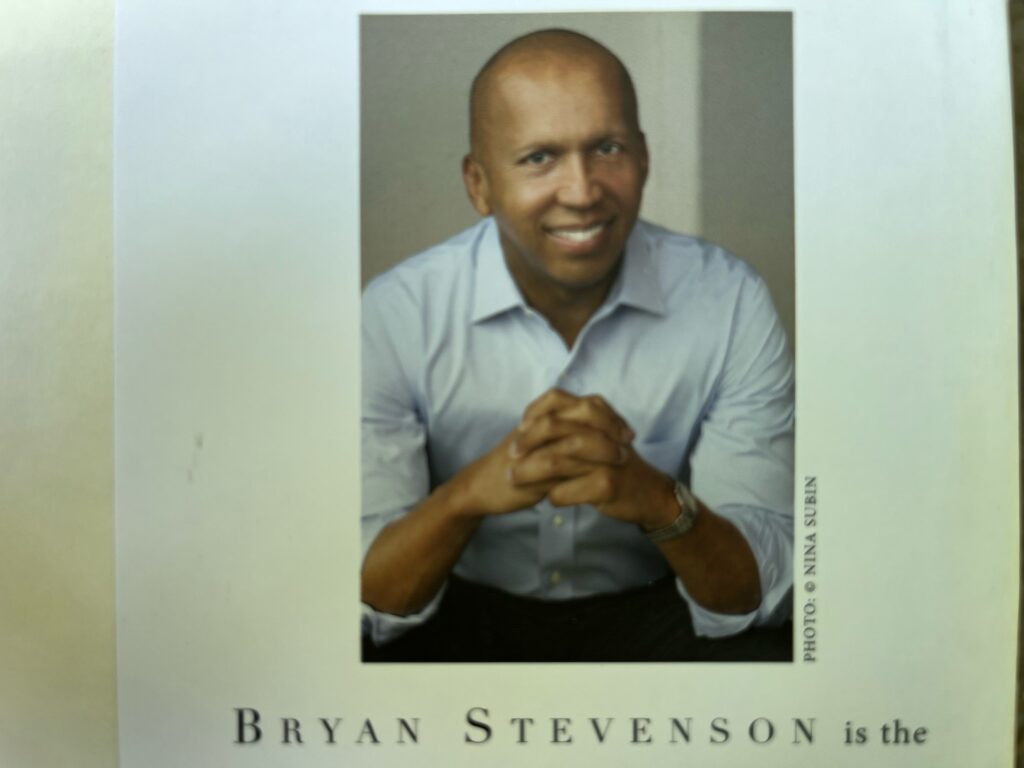
Stevenson is determined to combat this. He works very hard to point out the racism observed in court and help minorities who are wrongfully incarcerated. Even with a heavily confirmed alibi and ample proof of bribery offered to the witness against Walter, it takes him years to get him off of death row. This is a grave issue and an injustice that we should all be aware of and combat in our daily lives.
Women
In the early 2000s, a fever of justice against mothers gripped the nation. A few notable cases of women murdering their children were caught up by the media and became heavily popularized. People were convinced that women were terrible mothers and any suspicious activity meant the absolute worst. This did not deem well for mothers who lacked great economic means and could not afford the best medical care or defend themselves well in court.
Stevenson describes one of the most notable cases that brought his attention to this issue. Marsha Colbey was a woman in her forties with six children. Already poor, her family took a heavy blow when a hurricane ripped through their Florida homestead. It destroyed much of their property and increased the devastation of their poverty alarmingly. When she was surprised with a seventh pregnancy, she worried about providing for another baby but was still excited about the new arrival she was expecting.
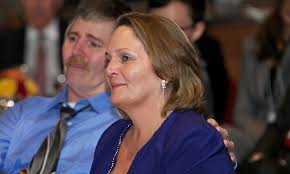
The family, lacking a permanent home because of the hurricane, was struggling to put money together as it was. Marsha could not afford prenatal care despite being older and having a much higher-risk pregnancy. Sadly, her pregnancy ended prematurely in a stillborn birth. A nosy neighbor noticed the absence of a newborn baby and decided to report Marsha to authorities. Before she knew it, she was in prison for murdering her baby, despite medical officials discovering that it was highly unlikely the baby had been born alive and her pregnancy was very high-risk. This all added to Marsha already having to grieve for her lost baby.
Women have an especially desperate dynamic in prison. The vast majority of them have minor children that depend on them. They are sexually abused by guards and put in incredibly humiliating situations with male staff members. They experience horrible assaults both physically and mentally during their time in prison. Many of them are innocent women who could not afford the proper legal help or were uneducated about the ways of the law. Bryan Stevenson fights for these innocent women, trapped in our system with seemingly no way out.
Children
Probably the saddest and cruelest injustice Stevenson faces during his career is the mistreatment of children. Children as young as the age of thirteen are tried in adult courts regularly during his time and put in adult prisons. These children are often sentenced to life in prison without parole for crimes that would only get an adult a few years. The most redeemable criminals in America are being sentenced to die in prison while others go free.
Charlie was a fourteen-year-old boy. He was very small for his age and lived with his mother. He had no criminal record. This all changed one day when his mother’s abusive boyfriend was at the house. He hit the woman so hard she fell to the ground, slamming her head, before going into his room and falling asleep. Racing to his unconscious, bleeding mother, Charlie cannot even tell if she is alive or dead. Before he knows what he is doing, the poor panicked child takes the boyfriend’s gun and shoots him where he sleeps. He then calls 911.
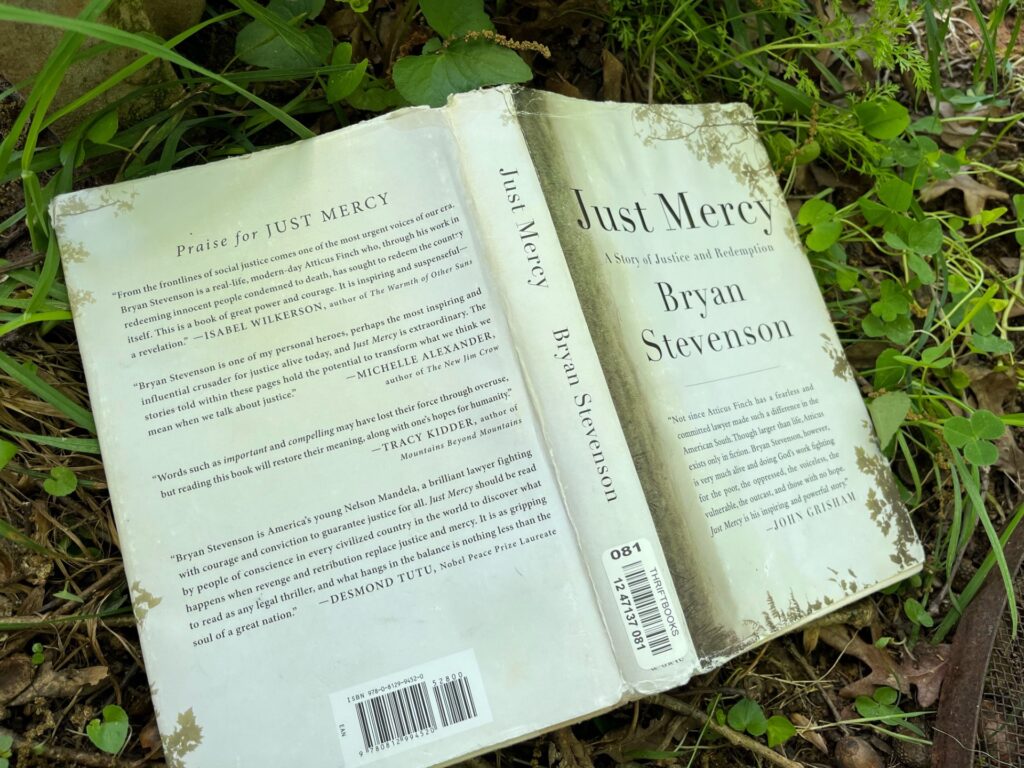
When Stevenson first interviews the boy, who is being held at an adult prison, he is completely silent, not speaking a word. After several minutes of prying, the boy suddenly burst into tears. This is when Stevenson discovers that the boy has been heavily sexually abused by other incarcerated men in the three nights at the jail. He works diligently and is able to get the boy into a juvenile court where he is sentenced to get out before he turns eighteen.
Unfortunately, many of the children Stevenson represented were not so fortunate. He came across many children tried in adult courts where the punishments were harsher and less forgiving. They would end up in adult prisons where they were taken advantage of, sexually abused, and left without hope. Many of them suffered physical disabilities as a result of the trauma they endured and were permanently disabled. The awful stories of hundreds of children trapped in our prisons color much of Stevenson’s moving book.
Just Mercy gives a powerful reminder of the people who get shoved under the rug. It is incredibly convicting. I had not realized how deep the prejudice and corruption can run in our justice system. We must strive to be different than these people. We must fight against injustice for every man, woman, and child no matter their background. This month, let us change our attitude towards those less fortunate than us. “The true measure of our character is how we treat the poor, the disfavored, the accused, the incarcerated, and the condemned.”
